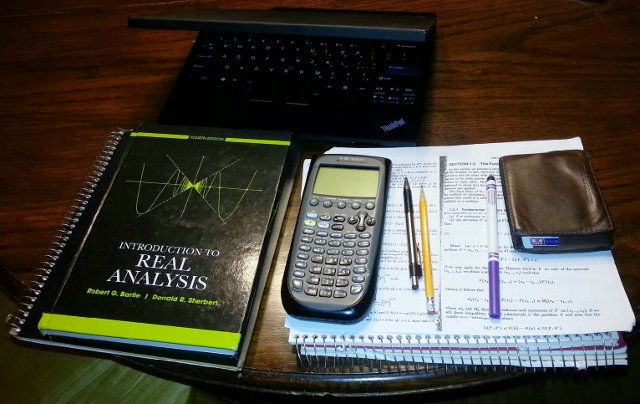Day 724 of 1000
This morning when I read the news on Free Republic, I ran into this article on a new program at NCSU. That pointed to this article in the News and Observer that describes the new “Big Data” joint venture between NCSU and the NSA. It starts out like this:
As the field of “big data” continues to grow in importance, N.C. State University has landed a big coup – a major lab for the study of data analysis, funded by the National Security Agency.
A $60.75 million grant from the NSA is the largest research grant in NCSU’s history – three times bigger than any previous award.
The Laboratory for Analytic Sciences will be launched in a Centennial Campus building that will be renovated with money from the federal agency, but details about the facility are top secret. Those who work in the lab will be required to have security clearance from the U.S. government.
NCSU officials say the endeavor is expected to bring 100 new jobs to the Triangle during the next several years. The university, already a leader in data science, won the NSA contract through a competitive process.
NCSU university already has strengths in computer science, applied mathematics and statistics and a collaborative project with the NSA on cybersecurity. The university also is in the process of hiring four faculty members for its new data-driven science cluster, adding to its expertise.
This fits very nicely with Kelly’s analytics internship at the JHU-APL. The other thing I thought was fun and interesting is the connection was not just to the Statistics department, but to the Applied Mathematics department, too. Christian is an Applied Math major. The article also talks about the Professional Masters Degree in Analytics our friend Andrew earned last year.

